H.R. 1701: Strategic Ports Reporting Act
The Strategic Ports Reporting Act is a piece of legislation aimed at enhancing the United States' oversight and understanding of foreign ports that are considered strategically important to its national security and economic interests. Here’s a summary of its main provisions:
Mapping of Strategic Ports
The bill mandates that the Secretary of State, in collaboration with the Secretary of Defense, create an updated global map of both domestic and foreign ports that are identified as significant for U.S. interests. This includes:
- Identifying ports that can offer military, diplomatic, economic, or resource exploration advantages.
- Spotting any activities by the People's Republic of China (PRC) or associated entities attempting to buy, build, or control such ports, either directly or indirectly.
The mapping report must be submitted to relevant congressional committees, presented in an unclassified format, although it can have a classified annex if necessary.
Study and Reporting Requirements
The law further requires the Secretary of State and Secretary of Defense to conduct a comprehensive study on strategic ports, which should include:
- A definition of what constitutes a strategic port and why they are of interest to the United States.
- The plans and activities of the PRC concerning control over foreign strategic ports.
- Identifying both public and private actors facilitating these activities, for instance, the China Ocean Shipping Company.
- Assessing the potential threats to U.S. national security and economic interests that could arise from PRC control of these ports.
- Proposing alternatives to protect U.S. interests including possible responses to any PRC influence.
This study must be completed within a year of the bill's enactment and will also be submitted in an unclassified form, but with an option for a classified annex.
Strategic Recommendations
The findings of the study must provide recommendations on:
- How the U.S. can secure safe investments and ownership of strategic ports.
- Actions to protect these ports and their infrastructure from PRC control.
- Possible funding sources for these initiatives.
- Maintaining an updated list of strategic ports as determined by relevant U.S. government offices.
Definitions
The bill provides specific definitions relevant to its execution:
- Strategic Port: An international port or waterway deemed critical to U.S. national security or economic prosperity.
- Appropriate Congressional Committees: Various committees from the House and Senate that will oversee the implementation of this act.
- Relevant U.S. Government Offices: Various federal agencies involved in national security and international affairs that will participate in the mapping and study processes.
Implementation Timeline
The report from the study is to be submitted within one year of the Act's passage, ensuring that the U.S. government has timely information on strategic ports and potential threats from foreign entities, particularly the PRC.
Relevant Companies
- CSCL - China Shipping Container Lines Co., Ltd.: Involved in shipping and logistics that could be impacted by regulations regarding foreign control of strategic ports.
- CMI - Cummins Inc.: With possible interests in maritime logistics and infrastructure, changes in investment strategies may affect their operations.
- DPW - Digital Power Corporation: Their strategies may be influenced by U.S. policies on securing maritime investments related to energy logistics.
This is an AI-generated summary of the bill text. There may be mistakes.
Sponsors
17 bill sponsors
-
TrackBill Huizenga
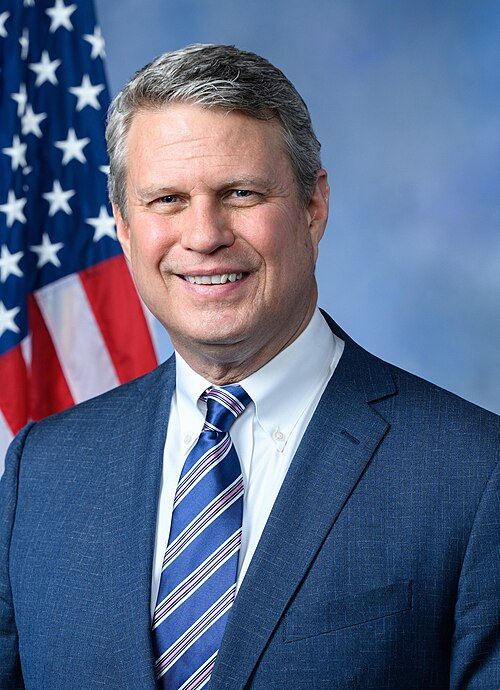
Sponsor
-
TrackJake Auchincloss

Co-Sponsor
-
TrackJames R. Baird
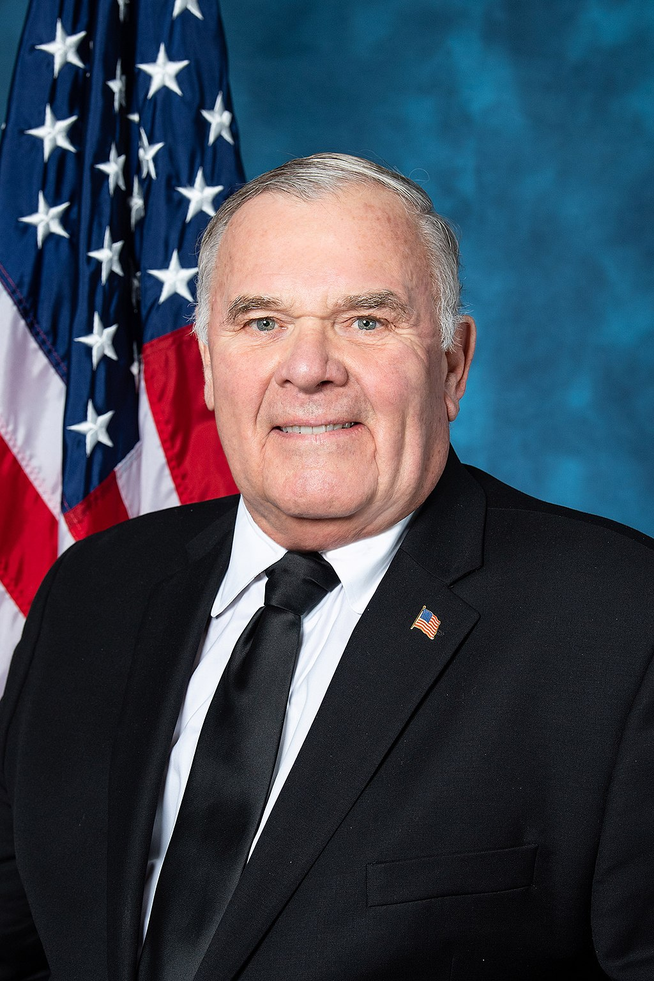
Co-Sponsor
-
TrackNicholas Begich

Co-Sponsor
-
TrackMike Bost

Co-Sponsor
-
TrackKen Calvert

Co-Sponsor
-
TrackMark E. Green
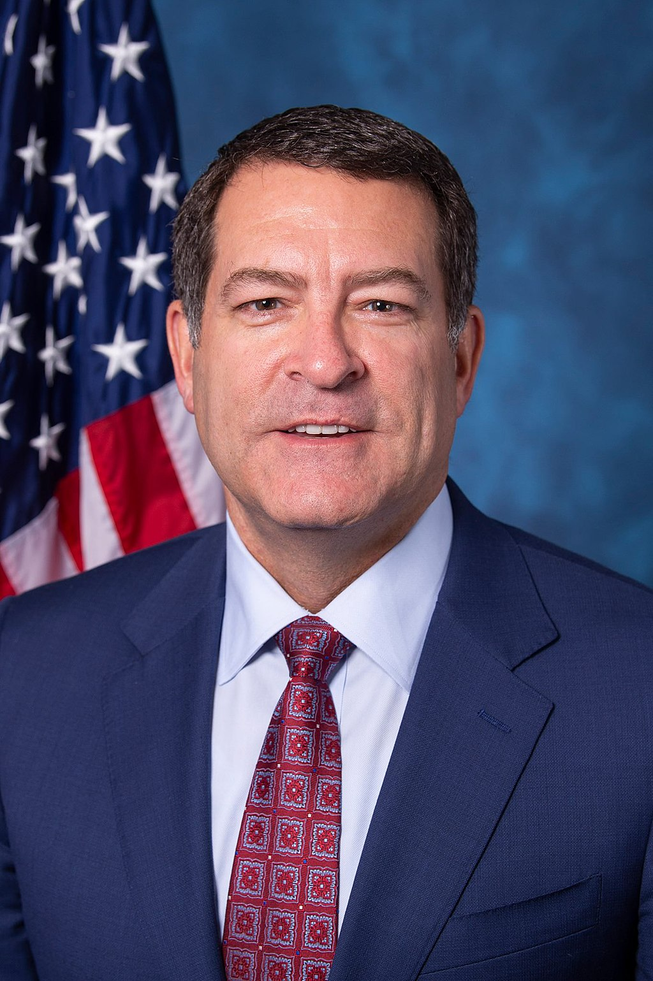
Co-Sponsor
-
TrackMichael Lawler
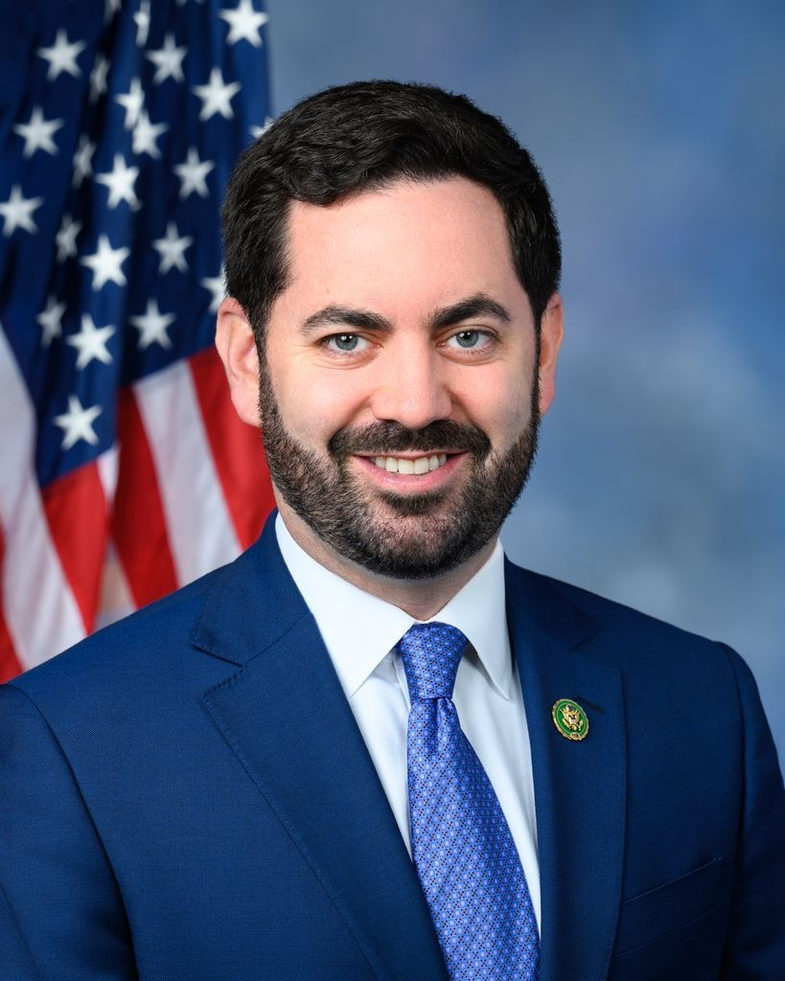
Co-Sponsor
-
TrackMichael T. McCaul

Co-Sponsor
-
TrackBarry Moore

Co-Sponsor
-
TrackJames C. Moylan
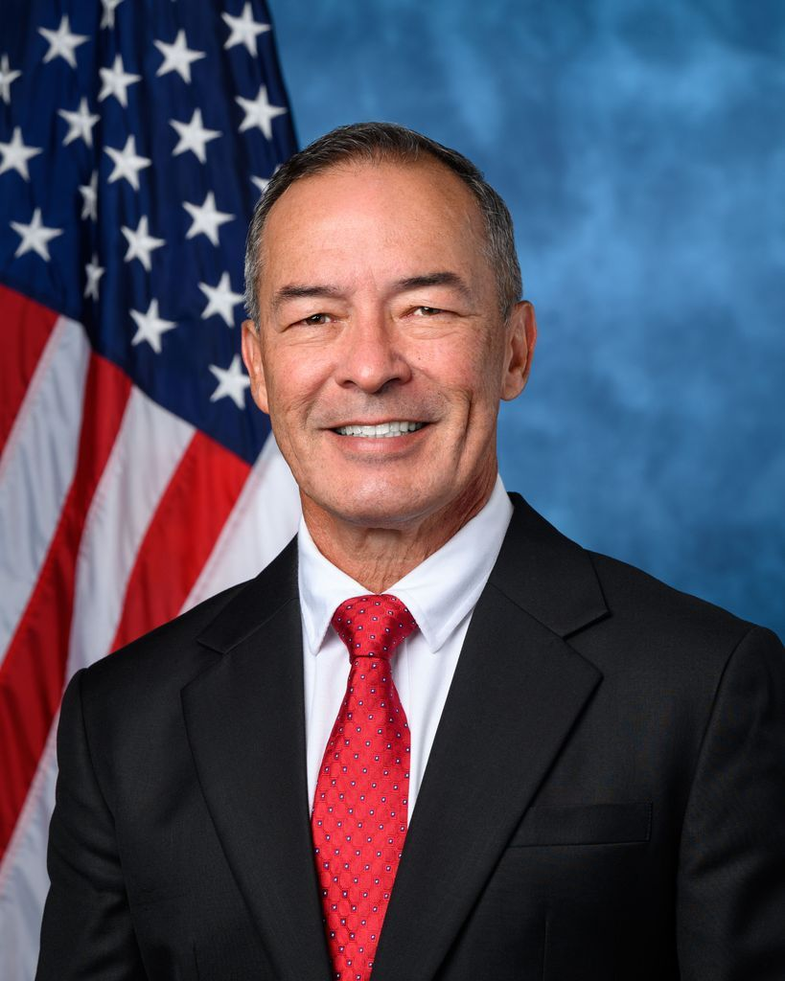
Co-Sponsor
-
TrackJohnny Olszewski

Co-Sponsor
-
TrackAumua Amata Coleman Radewagen
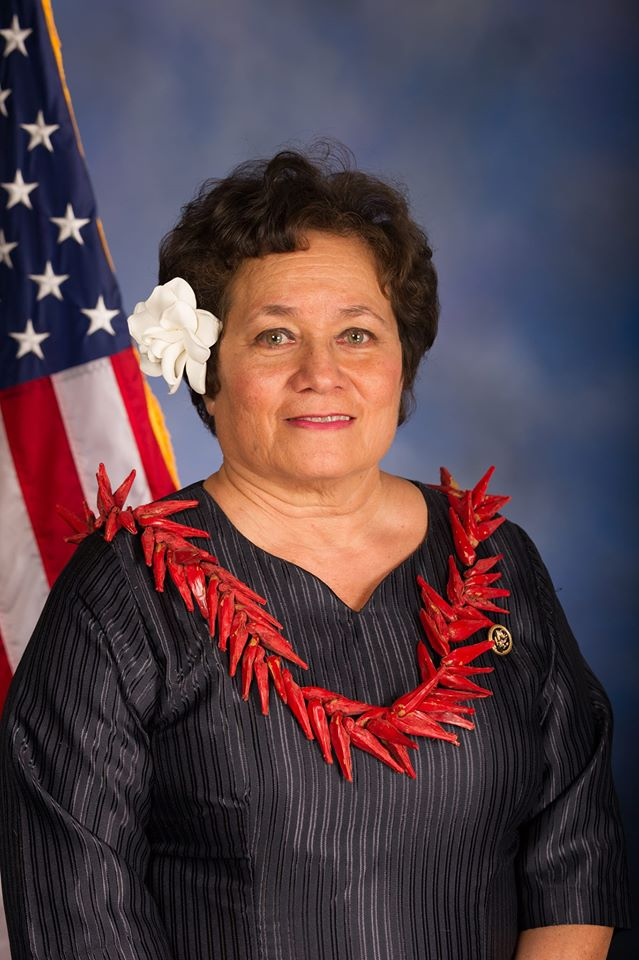
Co-Sponsor
-
TrackMaria Elvira Salazar
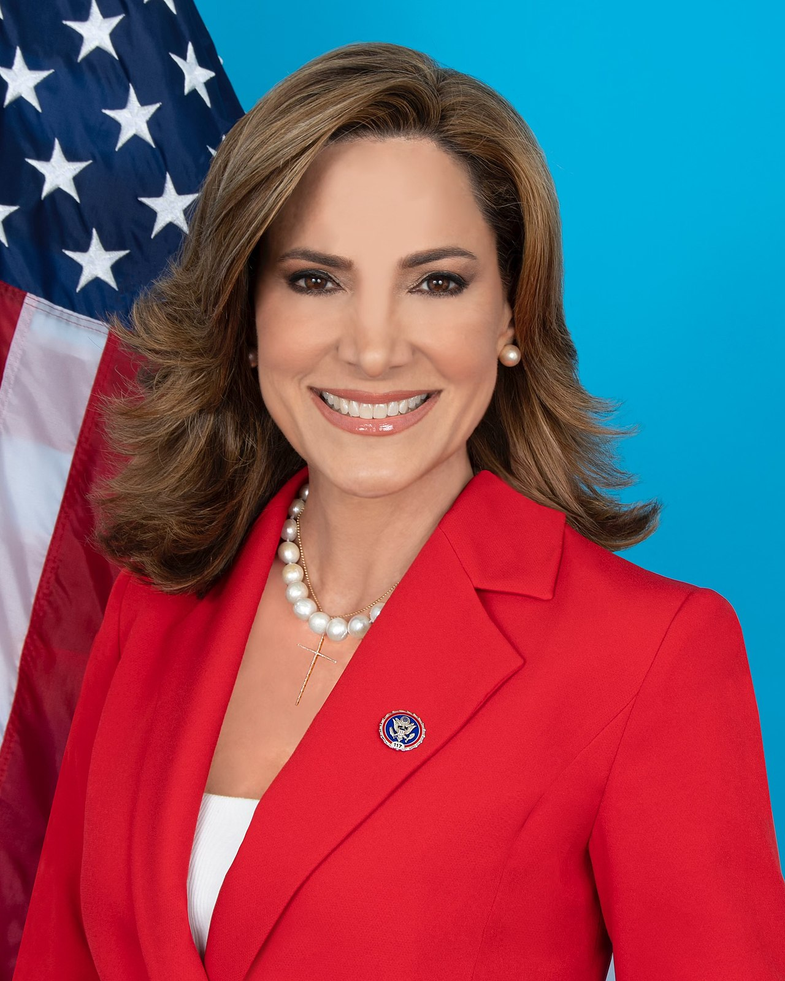
Co-Sponsor
-
TrackJefferson Shreve

Co-Sponsor
-
TrackGreg Stanton

Co-Sponsor
-
TrackRobert J. Wittman

Co-Sponsor
Actions
11 actions
| Date | Action |
|---|---|
| May. 22, 2025 | Considered as unfinished business. |
| May. 22, 2025 | Motion to reconsider laid on the table Agreed to without objection. |
| May. 22, 2025 | On motion to suspend the rules and pass the bill Agreed to by voice vote. |
| May. 22, 2025 | Passed/agreed to in House: On motion to suspend the rules and pass the bill Agreed to by voice vote. |
| May. 22, 2025 | Received in the Senate and Read twice and referred to the Committee on Foreign Relations. |
| May. 19, 2025 | At the conclusion of debate, the chair put the question on the motion to suspend the rules. Mr. Huizenga objected to the vote on the grounds that a quorum was not present. Further proceedings on the motion were postponed. The point of no quorum was considered as withdrawn. |
| May. 19, 2025 | Considered under suspension of the rules. (consideration: CR H2116-2119; text: CR H2116-2117) |
| May. 19, 2025 | DEBATE - The House proceeded with forty minutes of debate on H.R. 1701. |
| May. 19, 2025 | Mr. Huizenga moved to suspend the rules and pass the bill. |
| Feb. 27, 2025 | Introduced in House |
| Feb. 27, 2025 | Referred to the Committee on Foreign Affairs, and in addition to the Committee on Armed Services, for a period to be subsequently determined by the Speaker, in each case for consideration of such provisions as fall within the jurisdiction of the committee concerned. |
Corporate Lobbying
0 companies lobbying
None found.
* Note that there can be significant delays in lobbying disclosures, and our data may be incomplete.






